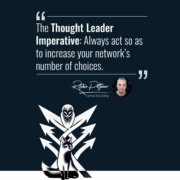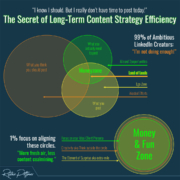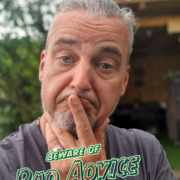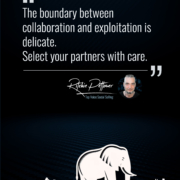The Misguided Approach of Industry Criticism
Have you ever stumbled across social media posts blasting entire industries with sweeping insults? These posts claim, “90% of [insert industry] are [insert insult].” Such statements are not only unproductive but also paint a grim picture of the author’s mindset.
At first glance, it’s clear these posts aim to grab attention through negativity. This could stem from a desire to stand out or perhaps frustration from business challenges. The underlying message seems to be a self-appointment to the superior 10% who are supposedly different. Yet, ironically, this approach achieves the opposite effect.
As wisely noted by Jasmin Alić, “Be kind to each other.” This simple yet profound advice seems to be forgotten by those eager to criticize. Kindness and respect should be the foundation of our content strategy, especially in professional settings like LinkedIn™.
Reflecting More on the Critic Than the Criticized
Criticizing a large portion of professionals within any field primarily showcases disrespect. Upon deeper reflection, it reveals more about the critic’s character than the subjects of their critique. The negative portrayal doesn’t demean the targeted group but rather diminishes the critic’s own professional image.
My journey in social media training has taught me the value of constructive engagement. Early feedback often highlighted the prevalence of low-quality content in social feeds. My advice has always been straightforward: “Find more interesting friends and clean up your bubble.” This principle applies to LinkedIn™ as well, where we cultivate a network of connections akin to business friendships.
Choosing Your Network Wisely
In my experience, the vast majority of LinkedIn™ trainers and professionals I’m connected with offer exceptional value. They contribute positively to my professional growth, and I genuinely enjoy learning from them. Engaging with individuals who spread negativity is a choice, not a necessity.
Comparing social networks to dining experiences, I prefer to celebrate the excellent restaurants rather than lament the existence of lower-quality options. After all, if I find myself at a fast-food joint, it’s by my choice. This analogy extends to social media: we decide whom to follow or connect with, shaping our experiences accordingly.
In conclusion, embracing positivity and constructive engagement over insults and negativity not only benefits our professional relationships but also enhances our personal brand. Let’s focus on uplifting others and enriching our networks with valuable connections.
PS: Instead of resorting to industry-wide criticism, why not highlight individuals whose work you admire? Tagging someone whose opinion you respect can foster a more positive and engaging online community.








